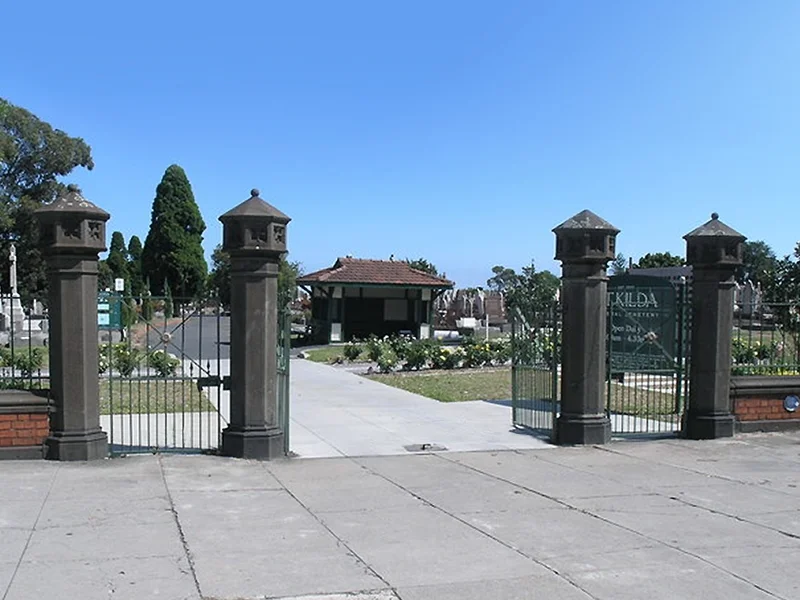A look inside our Enterprise Leadership Program
Last year, six brave leaders at SMCT embarked on a transformational journey of empowered leadership. As the selected participants of our 2020-2021 Enterprise Leadership Program (ELP), the team embarked on a 12-month program designed to examine what it takes to be a credible and effective leader, and how to be impactful in leading self and others.
As we reach the halfway mark of the program, we caught up with four of the program participants Katie Ward, Carl Enser, Andrew Smith and Louise Acheson to learn about lessons learnt throughout the first six months of the program. This is what they had to share with us.
'If I had to choose one lesson as the most valuable so far, it would be that to effectively lead others you must first understand how you lead yourself.'
‘There have been so many valuable leadership lessons gained from the ELP and many of these have been life lessons, easily transferable between professional and personal life. If I had to choose one lesson as the most valuable so far, it would be that to effectively lead others you must first understand how you lead yourself. You must uncover what makes you tick; react the way you do; and how your values inform your behaviour. Only through this awareness can you then begin to influence and effectively lead others, and ultimately the enterprise.’
‘To sit in the discomfort and to see and experience others doing the same, highlighted the strength that lies in letting down my guard and being seen for who I am.'
‘My greatest insight from the Enterprise Leadership Program is the value of vulnerability. As someone who likes to be in control, allowing myself to admit uncertainty was a real challenge and put me in a place of discomfort. Being courageous enough to be exposed in that way, to sit in the discomfort and to see and experience others doing the same, highlighted the strength that lies in letting down my guard and being seen for who I am. I discovered the comfort and confidence that came from trust built with the other participants and this has had a great influence on me both as a leader and personally.’
‘The program provides a safe place for leaders to explore their own vulnerability and facilitates the realisation of critical insights through peer coaching.’
'The Enterprise Leadership Program not only provides a valuable opportunity for reflection of how leadership impacts both individual and collective success but has given me a greater awareness in recognising how to prepare and respond to the challenges of change. The program provides a safe place for leaders to explore their own vulnerability and facilitates the realisation of critical insights through peer coaching.'
‘Trust is earned and just like with money, you want to minimise the amount of credit required to operate.’
‘The Currency of trust framework highlighted for me one of the best ways to understand each other in any context. It guided us to view trust as currency in a bank account. If there is currency in the account, you can choose to spend or save it for a ‘rainy day’. Trust is earned and just like with money, you want to minimise the amount of credit required to operate and trading on advances of trust will degrade your credit rating! To spend, you must first understand and transact in the currency of the other person, not your own currency. Everyone is different, you need to understand and value those differences. This requires you to first understand your own trust currency – what matters to you; what you value; what pushes your buttons when your trust is broken. This single principle accounts for many of the misalignments I have seen in my working career, but until being introduced to this framework I could not quite understand and articulate why.’





